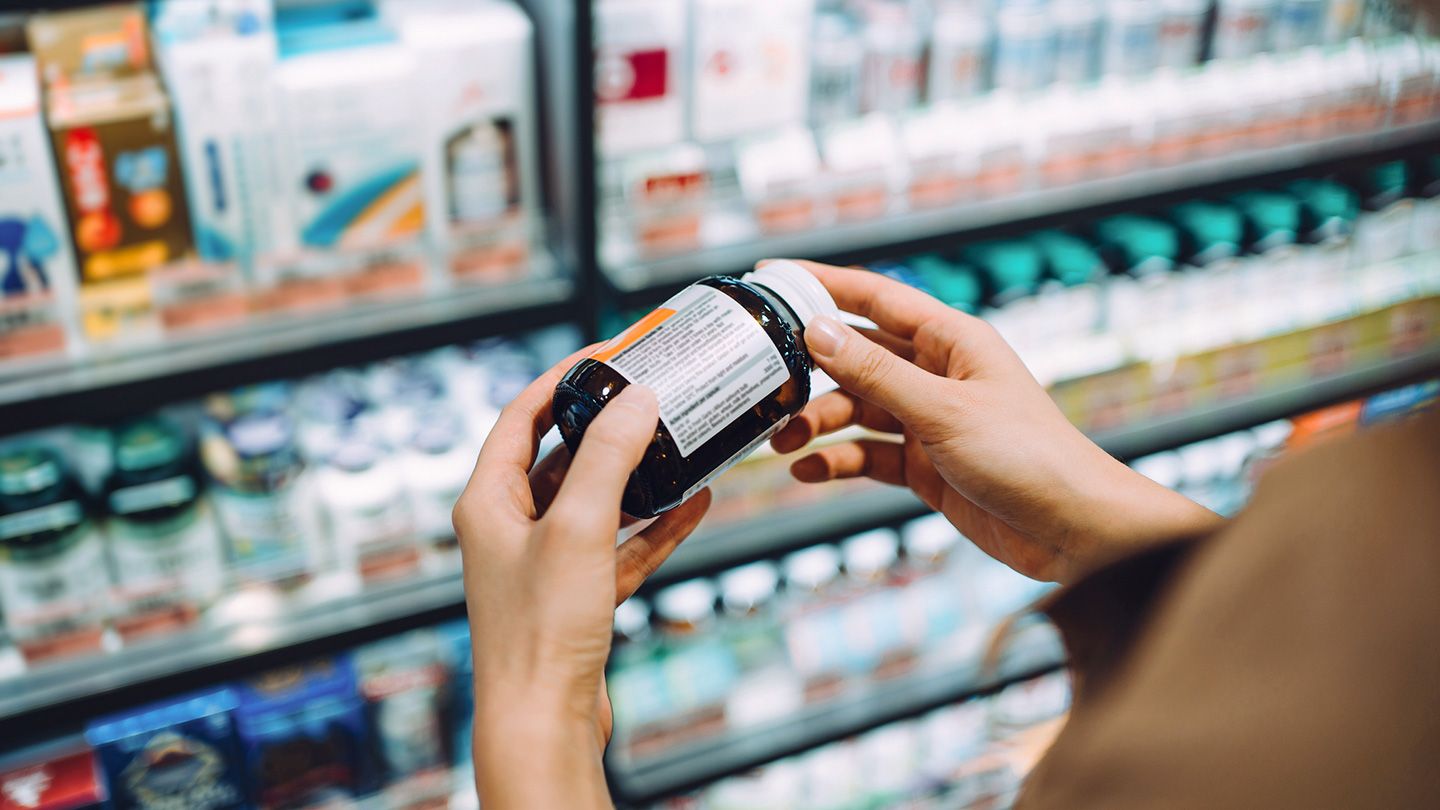1. Vitamin D Supplements May Not Be Necessary — and Can Interact With Medications
Food sources of vitamin D include some types of fish, such as salmon, mackerel, and sardines; foods with added vitamin D, such as some cereals; juices; dairy products; mushrooms; and egg yolks.
Your body also makes vitamin D when your skin is exposed to direct sunlight.
But more isn’t necessarily better when it comes to vitamin D— and many healthy adults don’t need to spend money on these supplements, says JoAnn Manson, MD, MPH, the chief of the division of preventive medicine at Brigham and Women’s Hospital and a professor of medicine at Harvard Medical School, both in Boston.
Large, randomized clinical trials have shown that vitamin D supplementation isn’t necessarily a cure-all — for instance, in a study of nearly 26,000 U.S. adults ages 50 and older, daily vitamin D supplementation did not result in a lower incidence of invasive cancer or cardiovascular events than a placebo.
Dr. Manson says supplementation may be helpful for some groups: those with a known deficiency; adults ages 75 and older; those receiving osteoporosis treatment; people with malabsorption conditions like Crohn’s disease, celiac, or ulcerative colitis; and breastfed infants. However, it may not be helpful for everyone.
“Randomized trials have shown selective benefits of higher-dose vitamin D supplementation, especially in tamping down inflammation, reducing total autoimmune diseases and also metastatic or fatal cancer, but it has not been found to be a panacea or magic bullet,” says Manson.
One study on mostly healthy people conducted by Manson and her team found that vitamin D supplements can lower C-reactive protein, a key blood marker for inflammation.
The research reveals that countering inflammation may be a possible mechanism to explain why higher-dose vitamin D can reduce autoimmune diseases like rheumatoid arthritis or psoriasis, and reduce the risk of advanced cancers, says Manson.
In fact, one study found that vitamin D supplementation appeared to lower the risk of autoimmune conditions by 22 percent, and those who were compliant with pill-taking had even greater benefits.
For most healthy people, testing vitamin D levels is not necessary, says Manson.
“For the majority of the population, adequate intake can be achieved through a combination of diet and time outdoors,” she explains.
Ultimately, the biggest risk of taking vitamin D is likely wasting money on a supplement you don’t actually need. But it’s also important to also be aware of potential drug interactions and to speak with your doctor before you add vitamin D to your routine.
Plus, very high levels of vitamin D in your blood can cause nausea, vomiting, muscle weakness, pain, loss of appetite, confusion, dehydration, excessive urination and thirst, and kidney stones — so it’s possible to overdo it.
Read the full article here




